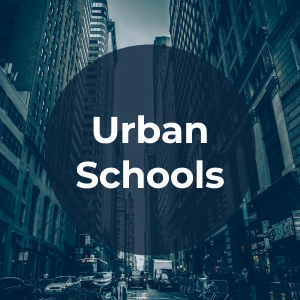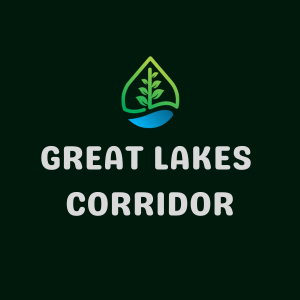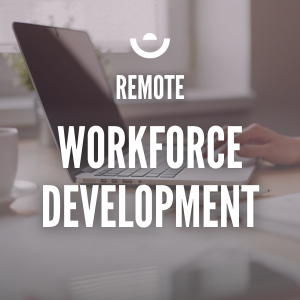
GRIT
Growing Rural Independence Together, the GRIT Project, is a grassroots-level collaborative approach in Ohio Appalachian counties to build a high-demand workforce and stimulate economic growth. The coalition leverages local, state, and federal dollars by bringing together education, economic and workforce development, businesses, and other community organizations and agencies. With a focus on developing solutions that solve local challenges, we’ve proven that together, remarkable things happen!

College/University Collaborations
College students often begin their freshman year unsure about choosing a major and what they hope to do after earning a degree. By partnering with Future Plans, universities and colleges such as Lourdes University, Ursuline College, University of Cincinnati-Clermont, and Shawnee State University provide students the opportunity to explore their natural strengths and, with the support of a career coach, map their skills and talents to training that will best fulfill their transition into the world of work.
Additionally, Future Plans consults on the development of workforce training programs that align with the needs of the local employment community while also fulfilling the demand of student interests. As an example, Shawnee State University established a new residential summer camp program to provide high school juniors and seniors without a plan the opportunity to earn short-term credentials in high-demand fields and to then be supported into internships and/or jobs.

Urban Schools
Future Plans partnered with Cleveland City Schools through Ginn Academy, an all-male public high school, to give students and their families access to career support. Through the Future Plans career assessment, participants gained insights into their strengths, interests, and aptitudes. A trained career coach then met with individuals to guide them through their personalized analysis that highlighted workforce opportunities requiring a little to a lot of training as a means of developing a plan.
Students and other users could then train for certifications in areas such as computer-aided design, cyber security, and web development.

Project REACH (Recovery to Employment via Assessment and Coaching, Holistically)
Through the INSPIRE initiative, the Appalachian Regional Commission awarded Future Plans a grant to strengthen the recovery ecosystem in Scioto, Pike, and Jackson counties. Project REACH facilitates workforce entry or re-entry for those in SUD recovery who are also navigating the legal/justice system. The goal of the project is to create a smoother pathway between recovery/incarceration back into the workforce community, by providing transitional workforce support to both participants and employers.

The Great Lakes Career Corridor Project
The Great Lakes Career Corridor initiative extends a lifeline to both youth and adults who find themselves uncertain about stepping into or rejoining the workforce. This program is designed to empower participants to delve deeply into their passions, interests, and skills. Guided by dedicated career coaches, individuals will align their unique attributes with occupational prospects offering sustainable wages. The initiative will extend beyond guidance, by connecting participants with the essential resources and support networks needed to bring their career aspirations to fruition.

Remote Workforce Development Project
Future Plans will lead a capacity-building effort across the GRIT counties in Appalachian Ohio and like socioeconomic rural counties to: increase knowledge and understanding of the concept of remote work and the diverse opportunities available, offer foundational skills training required to be successful in remote and hybrid work such as basic computer word processing, spreadsheet, presentation software, virtual meetings, promote opportunities for job-specific skills training required for remote and hybrid work such as project management, research, information technology and other in-demand positions, and support operations and marketing efforts and facilitate capacity building of shared work centers.
